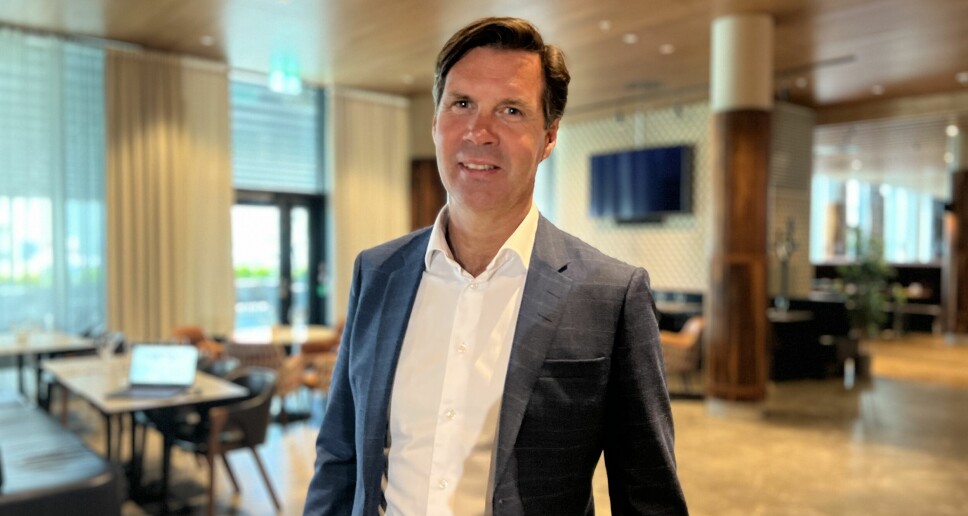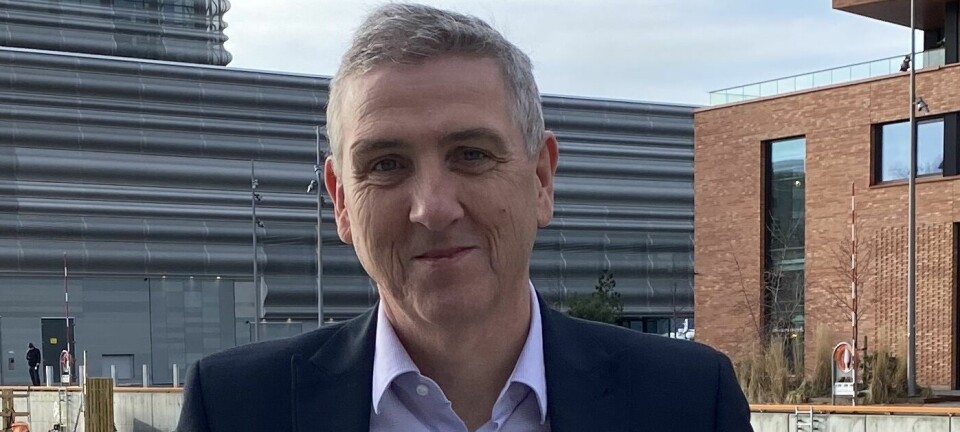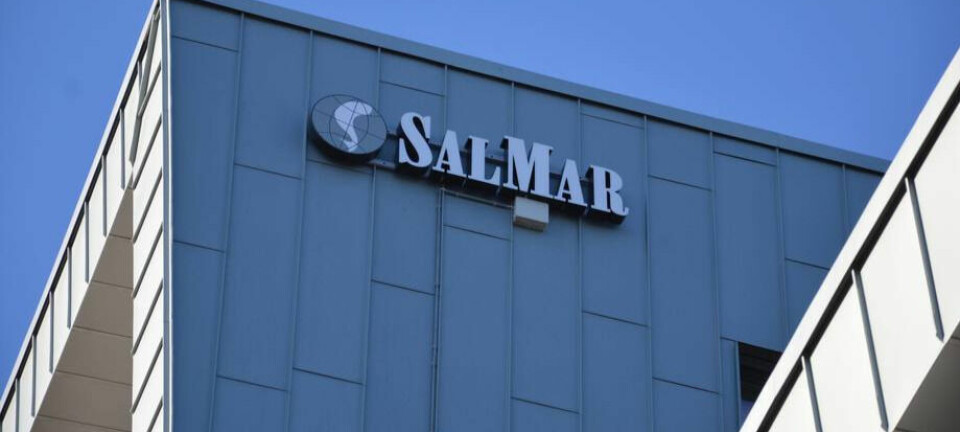
Lerøy suspends investment in Norway
Proposed 40% salmon tax changes the scope and incentives, says company
Scottish Sea Farms co-owner Lerøy Seafood Group today became the latest fish farmer to freeze investment in its Norwegian operations in response to a planned 40% salmon tax announced by Norway’s government last week.
If approved by parliament, the proposed “resource rent” tax will be added on top of the 22% corporation tax already paid on profits.
“Increasing the tax rate from 22% to 62% creates unreasonable framework conditions for the industry in Norway, changing the scope and incentives for investments in areas other than maintenance capex,” said Lerøy in a market announcement.
“All major new investments in the Group’s value chain in Norway must regrettably be put on hold pending the decision of the Storting, the Norwegian parliament. The Board of Directors has today decided to halt the NOK 420 million investment already under way to increase processing capacity at Skjervøy in Troms.”
Cancelled biomass purchase
Lerøy has also cancelled the NOK 123 million purchase of 614 tonnes of maximum allowable biomass (MAB) under the “traffic light” system that allows production increases in areas where sea lice from fish farms are judged not to be a threat to wild salmon.
“Norway’s aquaculture industry is something as unique as a globally competitive form of food production that is sustainable both from an environmental/climate perspective and financially. Norway needs to step up, not least in these difficult times, and continue to facilitate production of food for the world’s population,” said Lerøy chief executive Henning Beltestad.
Unique value chain
“In recent decades, this decentralised district-based industry has built a unique value chain based on expertise and willingness to take risks. This value chain has significant potential for further development, but then the government needs to work together with the industry and provide predictable framework conditions. Introducing a resource rent tax will halt development of the industry’s value chain and hence reduce all its direct and indirect ripple effects along the coast.”
Salmon farmers Cermaq, Nordlaks, and Nova Sea have already chosen to freeze investments in Norway until the tax situation becomes clearer.
Refund for SalMar
Norway’s second-largest salmon farmer, SalMar, which co-owns Scottish Sea Farms with Lerøy, has pulled out of plans to pay the government NOK 244.6 million for the right to grow an extra 1,223 tonnes of fish, saying that the proposed tax had “created a situation which means that the company does not find it justifiable to pay the aforementioned remuneration”.
Nova Sea and another farmer, Emilsen Fisk, have also rescinded purchases of extra biomass.

























































